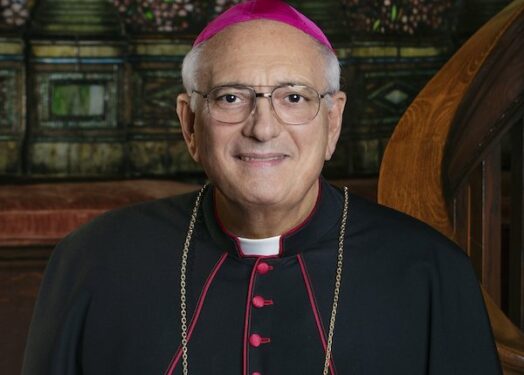
Because the issue of migration evokes disparate responses from different parts of the electorate, it never will be resolved unless there are compromises, which are an essential element of our political system. After many years of experience in dealing with migration as a social policy issue, I would like to offer some ideas of how this politically charged social problem might be resolved. In doing so, I harken back to my experience during the legalization effort in the late 1980s when I worked in Washington for six years at the U.S. Conference of Catholic Bishops (USCCB), serving as its executive director of Migration and Refugee Services. If it were not for compromises and the existence of unlikely partnerships and coalitions, that landmark legislation, which passed in 1986, would never have succeeded.
Coalitions are a powerful and important instrument that bring the complexity and interconnectedness of social issues to the attention of lawmakers.
The business sector can be an important part of a coalition. For example, today the U.S. agricultural sector needs immigrant laborers, half of whom are undocumented. The construction industry especially needs entry-level immigrant workers, while the high-tech industries need more experienced and educated foreign-born workers. Organized labor also is important to almost all social issues and employment sectors, such as the hospitality sector. From a moral perspective, faith leaders and religious organizations can add an important voice to a coalition.
During my time working at the USCCB, the coalitions included a group of diverse members, from the USCCB to the American Civil Liberties Union. Because of a coalition of people willing to work together for the greater good, we were able to find common ground and important work was accomplished.
Despite assertions that the border must first be addressed, the best way to fix our broken immigration system is to examine it holistically and repair all parts of it. This would include border security and also other issues, including legalization of the undocumented and improvements in our legal immigration system.
An issue not as frequently discussed is the enforcement of workplace security and establishing a system that allows legal immigrant workers to enter the country and work in important industries. Currently, our labor market is so vast and essentially not controlled, with important industries dependent upon undocumented labor. In the 1986 bill, the compromise to obtain the legalization program was to impose sanctions on employers who hired undocumented workers, a portion of the bill which was never effectively implemented. Today, because of the digital world, employers can use the E-Verify system to hire authorized employees.
In a past article, I mentioned that because it is more beneficial to some employers, many do not want to fix the employee hiring system. Most migrants come to work, and work hard, and do not collect social benefits. In other words, they are pliable labor and can be exploited in the workplace. These practices must stop.
Once we control the labor market, border management will become easier. Nations have a right to control their borders, but should be guided by the international common good and concern for the humanity of those who wish to enter. The U.S. borders can only be controlled from both sides, which is true for Mexico and also Canada. We need a better relationship with our neighbors, especially with Mexico, building on our already strong economic ties. Recent initiatives with Mexico are a step in the right direction, if no force or coercion is used against migrants.
The next issue that must be addressed is the legalization, not the deportation, of those who are already here and have developed equity by working and contributing to our society. There are over 11 million people who fall into this category. Legalization must be extended to as many as possible. The lesson learned from the last program is that incomplete legalization was the invitation for more undocumented entries. The issue of the Deferred Action for Childhood Arrivals recipients also needs to be resolved.
After COVID, labor markets in the United States were weakened, in that many people exited the labor market or reduced their time working. Some 9 million jobs today are unfilled. While not all could be filled by migrants, they would be beneficial in certain sectors, such as agricultural and construction.
If politicians would more carefully analyze our immigration situation and more coalitions were formed, they would discover the elements of compromise that would benefit our nation and immigrants. Compromises based on truth and mutual interest are the missing element in politics today.
Bishop Nicholas DiMarzio, who served as the seventh bishop of the Diocese of Brooklyn, is continuing his research on undocumented migration in the United States.
